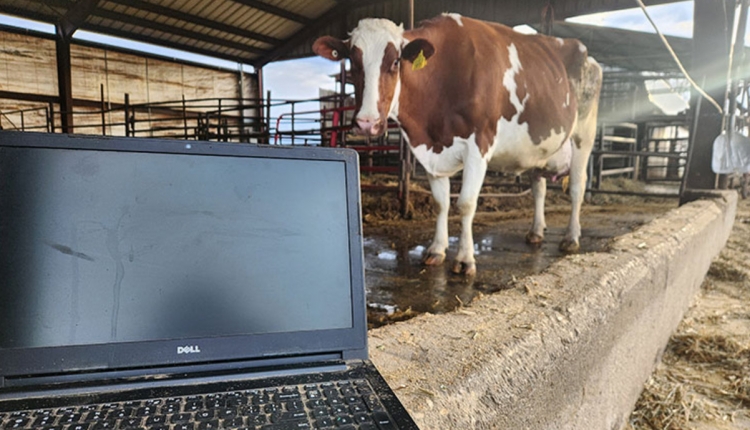"This is our playing field. On October 31, 2011 the 7 billionth human was brought into the world. We are in the midst of a population increase," noted Jeff Simmons, with Elanco, at the Northeast Dairy Producers Conference. Monthly, the population grows by 6.3 million people, the equivalent of adding a Chicago or Los Angeles. Daily, we add another Philadelphia or 206,500 people.
In the dairy industry, we need to step away from philosophy and take a few pages from the old playbook. We need to start looking at economics and playing to win. Many fall into the trap that they can't impact or change their surroundings; they fall victim to the challenges of realities. It's time to make a stand and speak up to make the next 10 years great. We need the mentality that we are fighting to win, not fighting to not lose.
"It is not our job to tell people they can't have animal based protein diets. Our job is to feed these people. There are 3 billion people in our world who are doing everything they can to move from grass and vegetable diets to consume protein. Our job is to create enough food. And, lucky for us, protein from dairy is in high demand," noted Simmons.
Hunger is the number one health problem accounting for 25,000 deaths per day worldwide. Two in 5 children in England, 1 in 7 in Japan, and 1 in 5 in the U.S. are food insecure. In addition to outright hunger, hidden hunger in industrialized nations and wondering where food will come from effects 8 out of 10 kids in cities such as Indianapolis.
In 1940, US citizens spent 25 percent of their income on food; today this number is 10 percent. Twenty-five percent of the world lives on $1 per day. Forty-three percent lives on just over $2 per day. Knowing this, it makes sense that consumers evaluate price when making purchasing decisions. "We have more market access than we had two years ago. More people are open to the use of technologies. And, price is driving why people purchase milk. Over time the importance of price when purchasing has risen from 50 to 52 percent.
Fringe consumers, who want to eliminate or regulate products, take away opportunities to choose. "Choice is fine. What isn't fine is to take choice away and to make false or misleading claims," added Simmons.
Simmons concluded by challenging the audience to have a forward thinking attitude. "The powerful play will go on and we will contribute a verse. What will yours be?"









